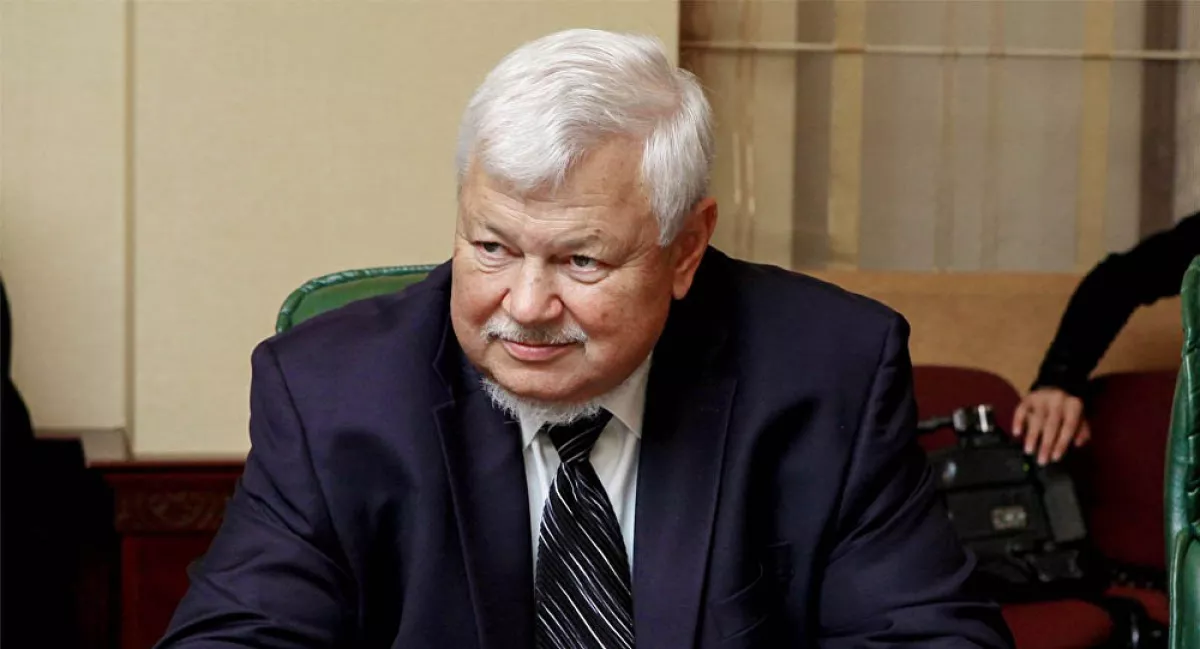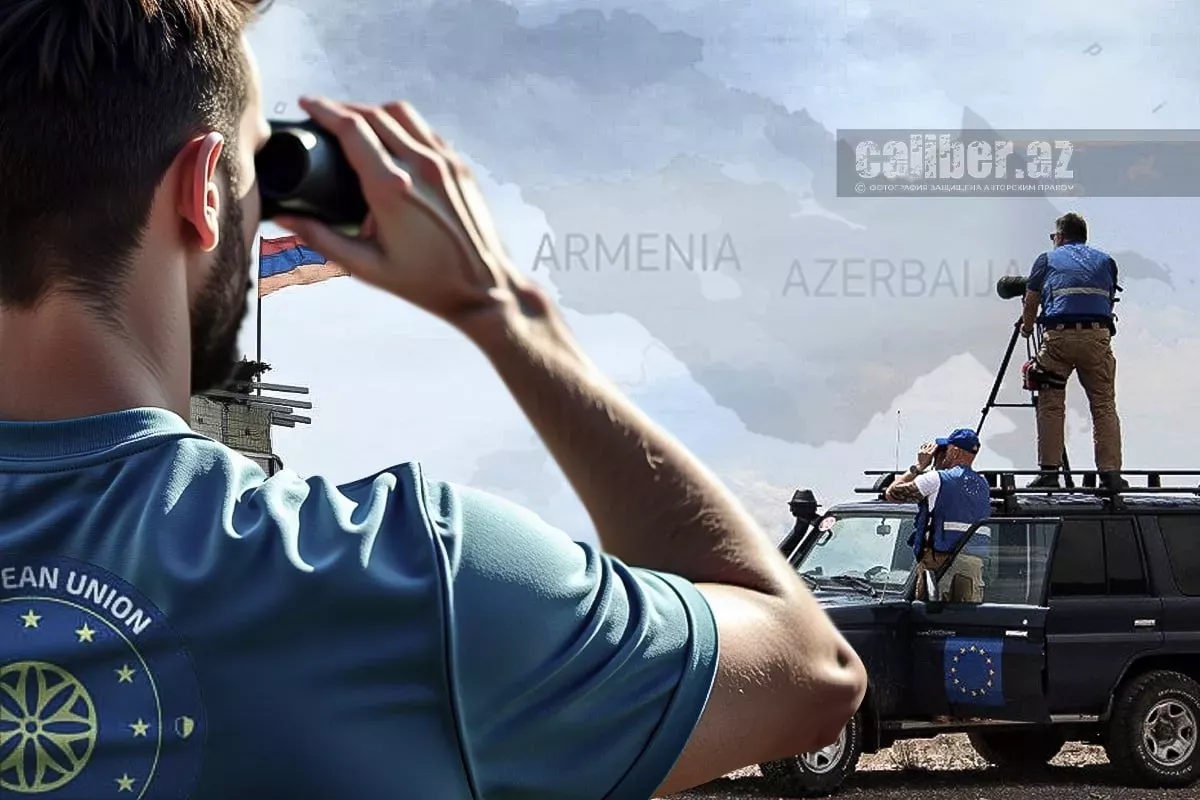EU refuses to end espionage against Azerbaijan Brussels and Paris cling to “binocular diplomacy”
On 1 September, the Council of Ministers of the Organisation for Security and Co-operation in Europe (OSCE) decided to close the Minsk Process and the OSCE structures related to it. The current Chairperson-in-Office of the organisation, Finnish Foreign Minister Elina Valtonen, and OSCE Secretary General Feridun Sinirlioğlu welcomed the Council’s decision.
“I congratulate Armenia & Azerbaijan on this concrete step towards peace and stability in the region — a powerful testament to the impact of diplomacy,” Feridun Sinirlioğlu stressed.
And these are indeed very accurate words. To see this, it is enough to recall that the OSCE Minsk Group was established in 1992 at the height of the First Karabakh War. Its declared purpose was to facilitate the peaceful settlement of the Armenian–Azerbaijani conflict, to provide a platform for negotiations, and to seek a compromise formula. The co-chairs of the Minsk Group were the United States, France, and Russia — three states whose role in international affairs at the time seemed crucial and balancing.
However, in practice, the Minsk Group spent decades going in circles, limiting itself to endless visits to Baku, Yerevan, and Khankendi, issuing lengthy statements, and simulating activity. Throughout these years, Azerbaijan consistently emphasised the group’s lack of objectivity, as there were instances when diplomats delegated by their respective countries to the MG openly displayed sympathy towards the Armenian side.
In particular, Baku vividly recalls the French co-chairs who, given Paris’s stance as Armenia’s traditional ally, frequently voiced biased assessments. The American representatives were often perceived as passive observers who carried out their mission merely formally. Russia, for its part, played a dual role: on the one hand as a co-chair, and on the other as the country arming Armenia.

Incidentally, it is worth mentioning Andrzej Kasprzyk in this context, who for an astonishingly long time served as the Personal Representative of the OSCE Chairperson-in-Office. His trips to the region became routine, and during them, the diplomat demonstrated more his ability to enjoy good food and company than any real mediation. In Baku, his visits were jokingly referred to as “shuttle raids,” alluding to their futility and lack of results. Neither he nor the entire OSCE Minsk Group fulfilled their functions; their activity became a symbol of simulating a process rather than seeking a real solution.
After the Second Karabakh War and the anti-terrorist operation in Karabakh, the need for the Minsk Group completely disappeared, and Azerbaijan reasonably began demanding its dissolution, emphasising that there was no point in maintaining a structure intended to resolve a conflict that had already been settled on the battlefield, with the new status quo firmly established diplomatically.
Armenia and France attempted to object, advocating for the preservation of a format that served as a convenient tool for their manipulation. However, in the end, their arguments failed. Baku’s demand was fulfilled, and the dissolution of the Minsk Group became the logical conclusion of its fruitless history.
In Washington, the parties signed a declaration laying the groundwork for a comprehensive peace agreement. Thus, the OSCE Minsk Group’s mission was finally and irrevocably exhausted, and its dissolution became not only a diplomatic but also a symbolic victory for Baku.
Against this backdrop, however, attention was drawn to a statement by the European Union Ambassador to Armenia, Vassilis Maragos, that the EU Mission in Armenia (EUMA) would continue its work under its existing mandate.
“As far as I know, the people and authorities of Armenia welcome the EU mission in Armenia. It continues to carry out its activities. And if there is a need for any changes, we will discuss this with our member states and, of course, with the Armenian authorities. But at this point, the EU mission will continue its activities in accordance with its mandate,” the diplomat stated.

Here, a reasonable question arises: “In circumstances where the Minsk Group has been officially dissolved, the conflict has been settled, and work is underway on signing a comprehensive peace agreement, why maintain the European Union mission in Armenia?”
Especially given that Azerbaijan has consistently opposed its presence on Armenian territory. Baku has presented—and continues to present—several well-founded arguments, noting, for example, that the mission creates the illusion that the Armenian–Azerbaijani conflict remains unresolved.
Moreover, its presence destabilises the situation by reinforcing the Armenian side’s perception of “external support,” suggesting that official Yerevan may be entertaining plans for a military “revenge.”
Thus, the answer to the above question is perfectly clear: there is no need for EUMA. What exists, however, is the EU’s desire to continue playing a destructive role in the region by maintaining an artificial presence and creating leverage over Baku.
Unfortunately, the Armenian authorities not only do not object to this but readily accept it, seeing the EU mission as a political counterbalance to Azerbaijan. This is a grave mistake, casting doubt on the sincerity of Yerevan’s stated commitment to a peaceful agenda.








